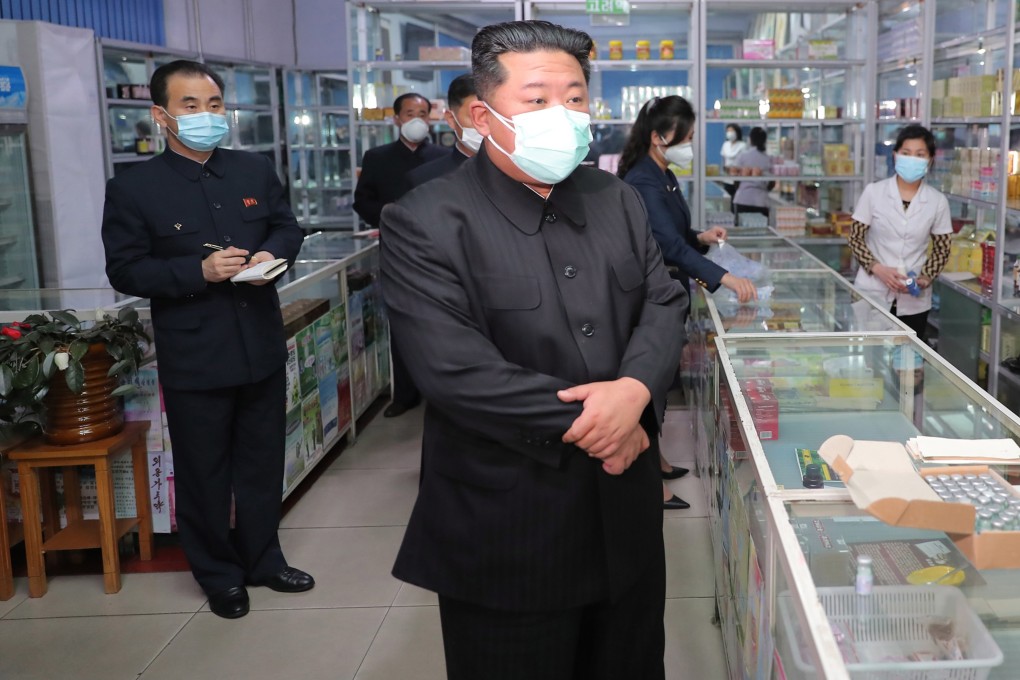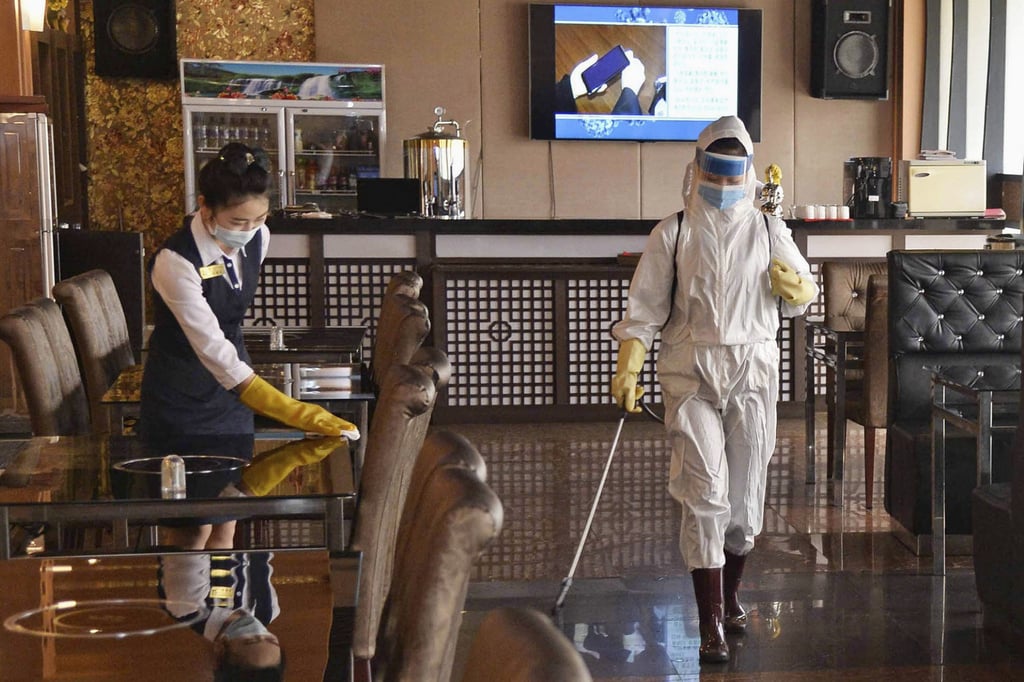Coronavirus: unvaccinated North Korea reluctant to accept medical aid, Seoul says
- Health officials in North Korea found 269,510 more people with feverish symptoms and reported another six deaths, state media said on Tuesday
- Pyongyang is unlikely to accept help from Seoul as it would be viewed as undermining leader Kim Jong-un’s authority, an analyst says

The latest resistance came after Pyongyang reported six more people died and an additional 269,510 had feverish symptoms, bringing the death toll to 58 and illnesses to some 1.48 million as of 6pm on Monday.
More than 819,090 had fully recovered and at least 663,910 were being treated, according to state media KCNA.

The Unification Ministry attempted to contact the North with its offer of help through cross-border communication lines.
“But the North did not answer whether it would accept his message or not” for the second consecutive day, a spokesperson of the ministry said on Tuesday.
South Korean President Yoon Suk-yeol told the National Assembly on Monday if the North is willing to accept, the South would spare no efforts to help with vaccines, medicine, equipment and health personnel.